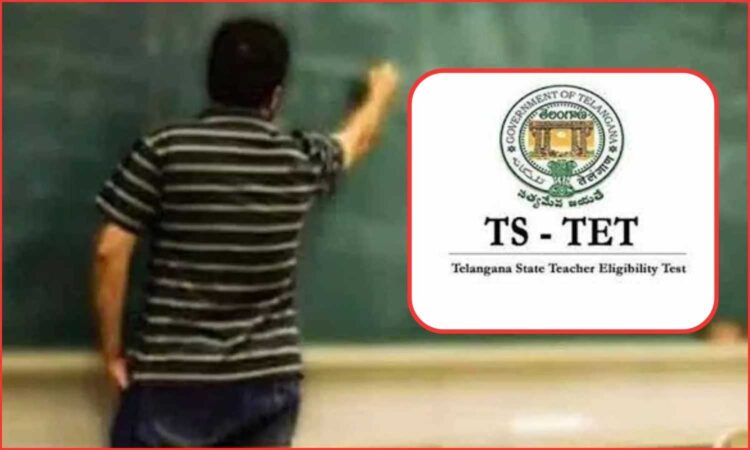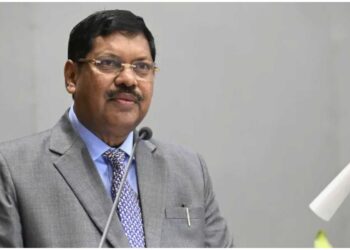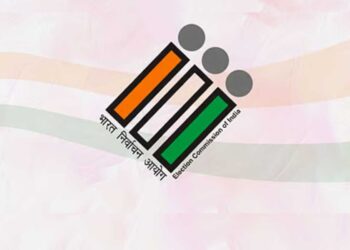Hyderabad: A recent Supreme Court ruling has created uncertainty for thousands of government school teachers in Telangana. The court made it mandatory to clear the Teacher Eligibility Test (TET) within two years to retain their jobs.
On August 31, the apex court directed that all serving teachers must qualify in TET within two years. Teachers with less than five years of service before retirement are exempt. However, they must clear TET to be eligible for promotions.
Supreme Court ruling impacts 40,000 Telangana teachers
Telangana has 1.07 lakh government teachers. About 20,000 will retire within five years and are exempt from taking TET. Nearly 25,000 teachers recruited through the DSC exams of 2012, 2017, and 2024 already had TET certification. Another 10,000 in-service teachers cleared the test recently. Excluding these groups, almost 40,000 teachers remain without TET and risk losing their jobs if they fail to qualify within two years.
The Right to Education Act and National Council for Teacher Education (NCTE) rules mandate TET or CTET for recruitment and promotions. NCTE issued a notification in August 2010 making TET compulsory nationwide, while exempting teachers recruited earlier. In November 2014, it made TET mandatory for promotions as well. Following these directives, the Telangana government issued GO 51, exempting those recruited before April 1, 2010, but requiring all others to qualify.
Low pass percentage raises concerns
TET has been a major hurdle for teachers. In recent years, the pass percentage has stayed low at 19, 25, and 28 per cent in successive tests. Candidates from Scheduled Castes, Scheduled Tribes, and Backward Classes must score at least 75 marks (50 per cent). Open Category candidates must secure 90 marks.
Teachers argue that the exam pattern puts them at a disadvantage. For example, School Assistants in Biology must attempt 60 marks in Mathematics, which is unrelated to their subject. The science section carries 24 marks but covers both Physics and Chemistry. Similarly, social studies teachers must attempt 30 marks in Telugu or another language and 30 marks in English. These patterns, they say, make clearing the test difficult.










